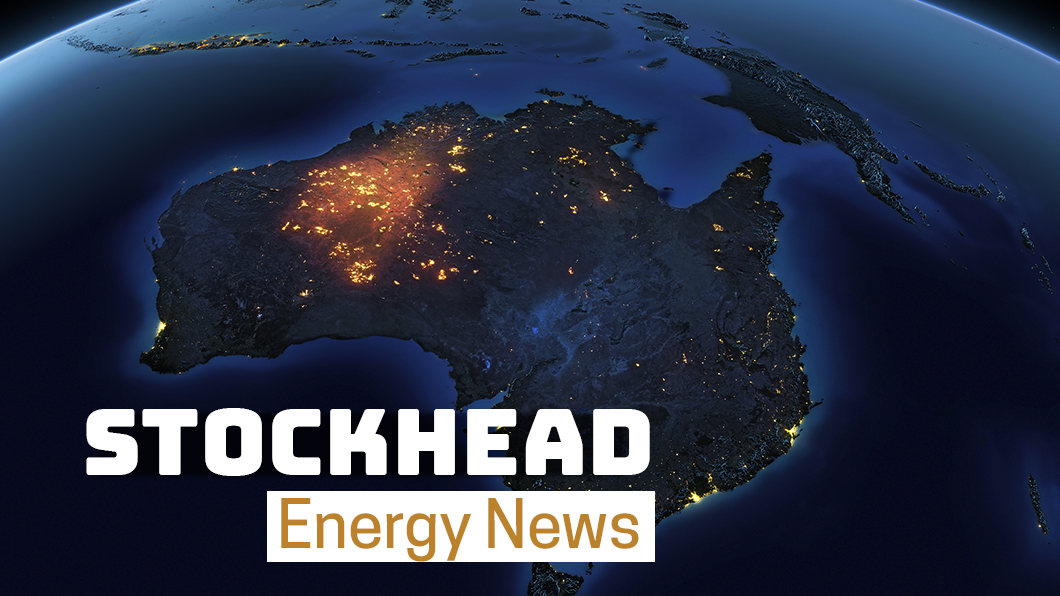POWER UP: Don’t get comfortable, there’s more oil price pain coming

Pic: Matthias Kulka / The Image Bank via Getty Images
- Oil price has slipped thanks to big release of strategic reserves
- Prices are tipped to rise on speculation the EU will ban Russian oil
- Coal also up on potential EU ban
Enjoying the relief at the pumps thanks to the fuel excise tax being slashed in half for six months? Well, best not to get too comfortable – there are signs that the crude oil price will be resuming its climb back up again.
Oil prices have been trending down over the past fortnight with the benchmark Brent crude currently trading about US$103.42 per barrel thanks in no small part to the US and IEA members jointly agreeing to release some 240 million from global strategic reserves.
That works out to over 1.3 million barrels of oil per day and would account for a significant portion of the IEA’s predicted 3MMbpd dip in Russian oil exports.
Except for that unfortunate reality that it still isn’t quite enough.
With the EU increasingly likely to join the US in banning all oil and fuel imports from Russia, analysts are already flagging that the Brent oil price will climb back above the US$120/bbl mark and stay there, though hedge funds remain cautious about buying the fossil fuel.
It also lends credence to some industry commenters who have flagged US$200/bbl oil.
EXPLAINER: Why is fuel so expensive and are soaring global oil prices to blame?
Matters were certainly not helped by Saudi Arabia increasing prices for its flagship Arab Light crude to a record premium of $9.35 per barrel above the Oman/Dubai benchmark, or the OPEC+ grouping maintaining its modest production increase of 432,000bpd from May.
However, there are indications that Iran is ready to sign off on its nuclear deal though it is not prepared to carry out further negotiations.
If true, this could add up to 1MMbpd to global oil supplies, though several months might be required before production ramps up to that point.
Coal prices climbing
The oil price is not the only fossil fuel commodity that’s gaining; thermal coal prices are also soaring with the European Commission President Ursula von der Leyen saying the body would impose an import ban on Russia coal, which is worth some 4 billion euros ($5.8bn) each year.
Newcastle coal futures for April climbed 6.4% to US$281 per tonne earlier this week while Indonesia has increased its April delivery prices by up to 42%.
However, Commbank metals and mining analyst Vivek Dhar has said that a ban is unlikely to lead to massive price increases.
“Australian thermal coal and coking coal prices suggest that shortage concerns peaked in early to mid March. Premium coking coal prices and thermal coal futures have already declined ~42% and ~36% from their peaks respectively,” he said.
“That’s because the recent peak in coal prices were likely pricing in a more severe reduction in Russian coal exports a few weeks ago.”
Locally, Federal Energy Minister Angus Taylor – who was blindsided by Origin Energy’s announcement that it would close the Eraring plant without notifying the government – is looking to keep coal-fired power plants burning just that little bit longer.
Warning that earlier-than-expected closures could lead to spikes in electricity prices for consumers – a position that is not shared by energy experts and industry observers – the minister called for energy companies to provide five years’ notice, up from the current 3.5 years, before closing power stations.
Of course with the Federal Election looming, it is anyone’s guess whether this change would ever be made.

UNLOCK INSIGHTS
Discover the untold stories of emerging ASX stocks.
Daily news and expert analysis, it's free to subscribe.
By proceeding, you confirm you understand that we handle personal information in accordance with our Privacy Policy.








